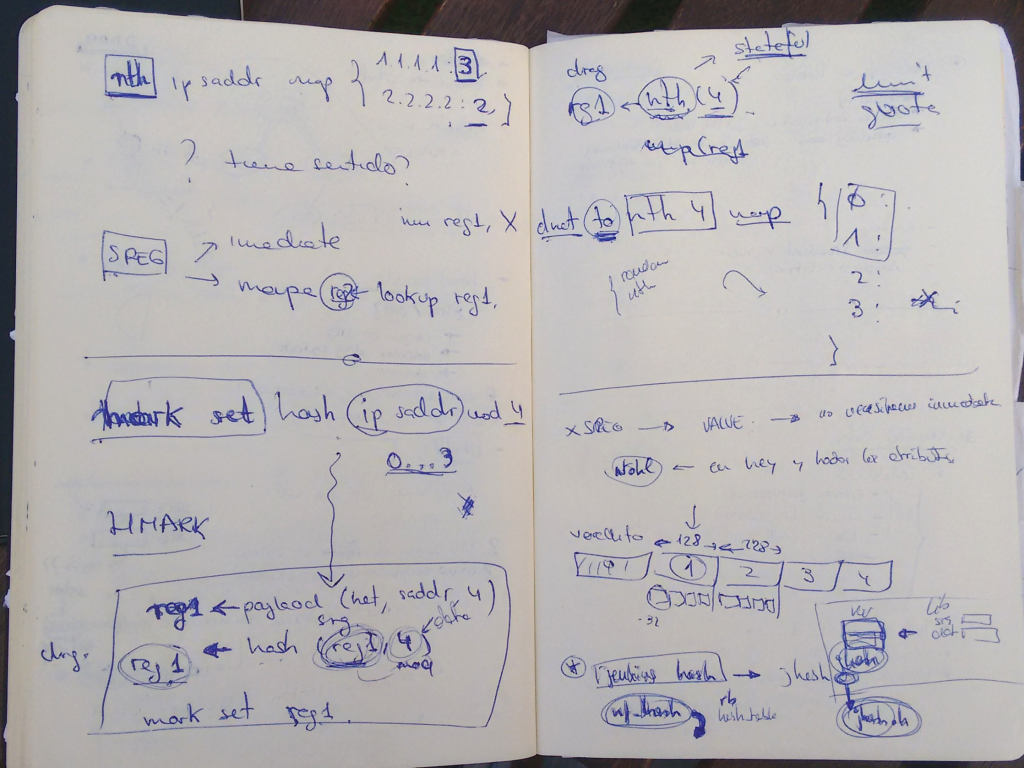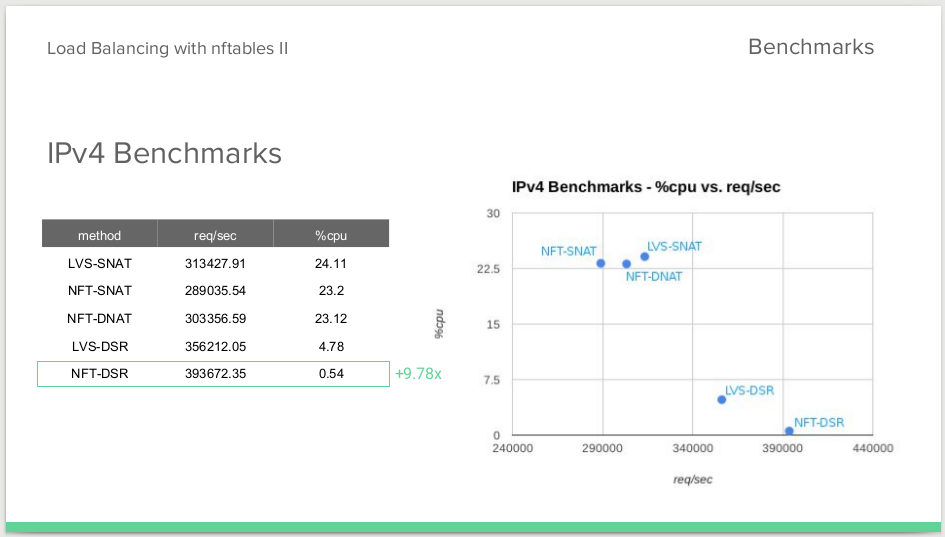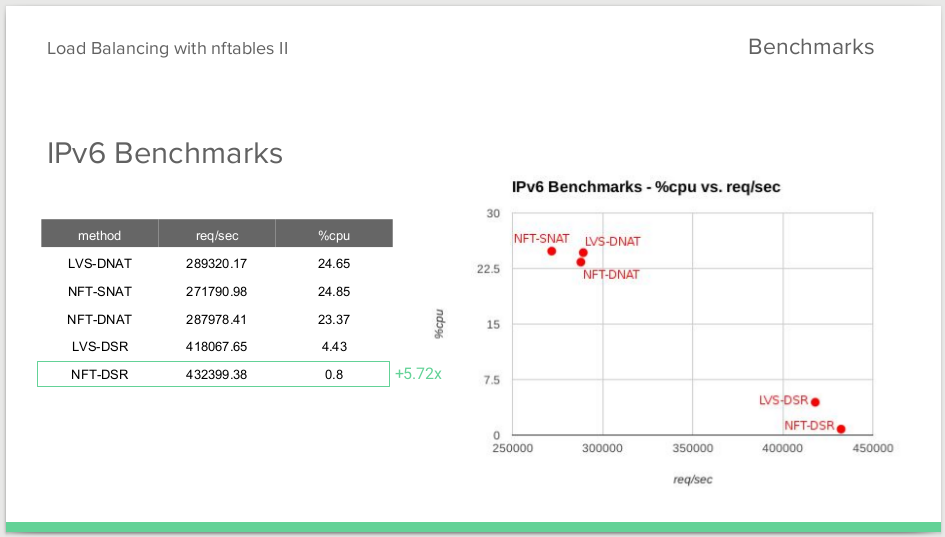Related Blogs
Posted by reluser | 03 January 2025
In today's fast-evolving cybersecurity landscape, ensuring that only trusted software is allowed to run in an IT infrastructure is crucial. One fundamental mechanism for achieving this at the hardware level…
11 LikesComments Off on Enhancing Infrastructure Security with the implementation of Load Balancers with Secure Boot
Posted by reluser | 28 October 2024
The Hypertext Transfer Protocol (HTTP) is the foundation of data communication for the web. HTTP/2, the second major version of the protocol, represents a significant evolution from HTTP/1.1, designed to…
82 LikesComments Off on Understanding HTTP/2 Load Balancing
Posted by reluser | 30 September 2024
Operational Support Systems (OSS) and Business Support Systems (BSS) are vital for the efficient functioning of telecommunications companies, such as mobile, fixed-line, and Internet operators. These systems serve different purposes…
98 LikesComments Off on OSS/BSS reliability for Telecom industry support systems








